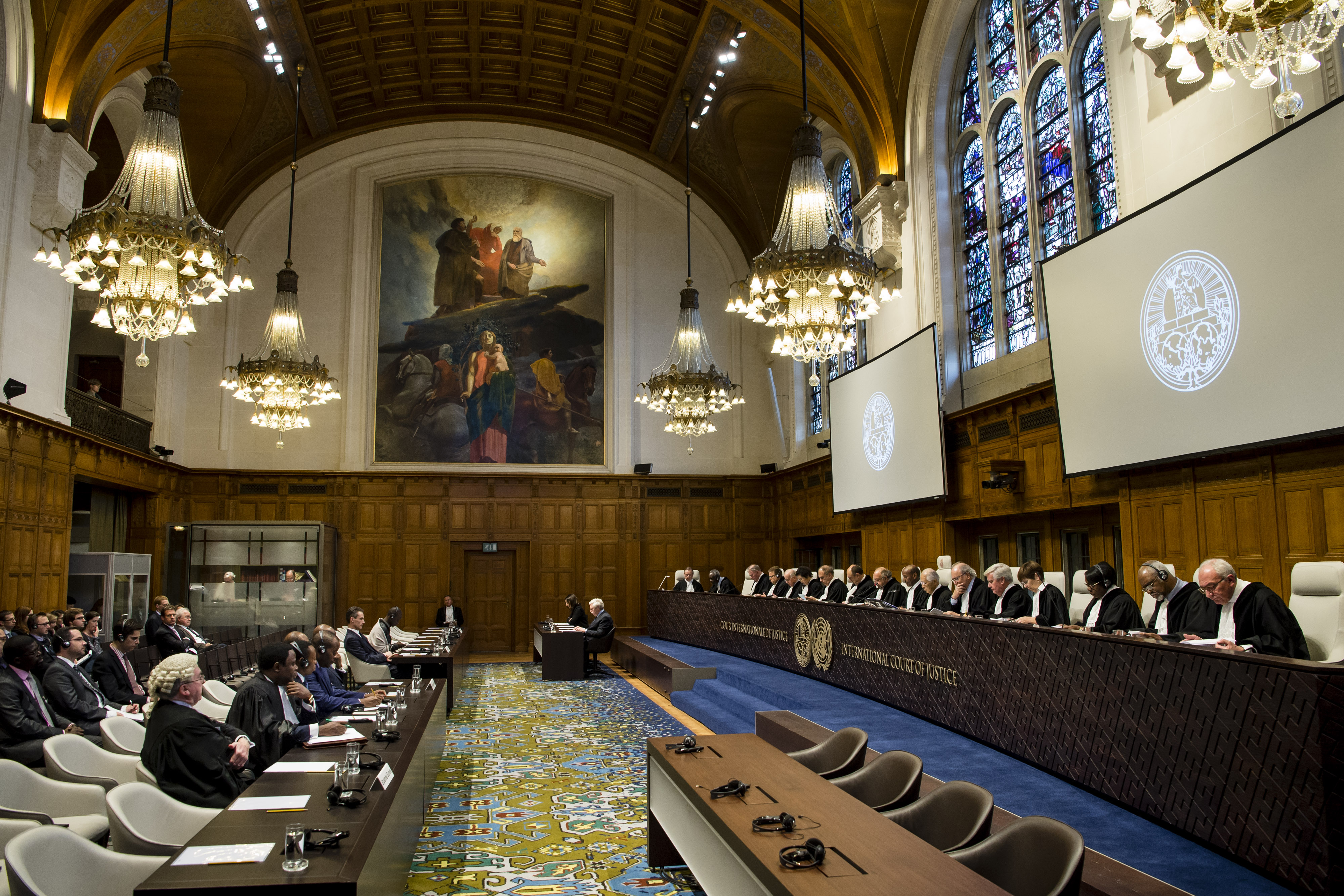DC Circuit ATS Decision in ExxonMobil Sharpens Circuit Split
On Friday, the DC Circuit held, in a 2-1 panel decision in Doe v.
Published by The Lawfare Institute
in Cooperation With

On Friday, the DC Circuit held, in a 2-1 panel decision in Doe v. ExxonMobil, that corporations may be held liable under the Alien Tort Statute, creating a decisive circuit split with the Second Circuit’s decision in Kiobel last September.
The plaintiffs in Kiobel have filed for cert, and I had previously speculated that the Supreme Court would accept the Kiobel case because of the existing but milder circuit split with the Eleventh Circuit’s decision in Drummond (although the Eleventh Circuit decided the corporate liability question without much analysis) and the importance of the legal question on corporate liability. The split with the DC Circuit may make it more likely that the Supreme Court will accept the case this fall. The Seventh and Ninth Circuits are currently considering the issue of corporate liability under the ATS, and are poised to issue decisions, so the split will widen one way or another in the near future. (By way of disclosure, I filed an amicus brief in the Seventh Circuit case.)
The opinion by Judge Rogers, joined by Judge Tatel, weighs in at an impressive 112 pages and includes extensive usful historical information about the ATS; Judge Kavanaugh’s (in my view, more persuasive) dissent adds an additional 39 pages. For anyone interested in the ATS, the opinion -- which also concludes that the ATS provides for aiding and abetting liability and that the ATS applies extraterritoirally -- and the dissent are must-reads.
I question the majority’s conclusion that federal common law, rather than international law, provides the rule of decision for the question of corporate liability under the ATS. Even if the intent of footnote 20 in Sosa was to reserve the question of whether private actors may be held liable under the ATS in the absence of governmental action, as the majority concludes, the Supreme Court nevertheless clearly stated that the question of “scope of liability” is governed by “international law.” Moreover, if the question of corporate liability depended on domestic law, rather than international law, it would result in lack of uniformity among states that would be contrary to Sosa’s emphasis on international comity.
In my view, the majority also erred on a number of points of international law, including that the treaties cited and domestic laws providing for corporate liability are evidence of a binding international law norm, and that the UN Human Rights Committee and Committee on Racial Discrimination can be considered “authoritative” sources of international law.
And as an aside, the opinion would also appear to be inconsistent with the conceptual framework for recognizing new causes of action under the ATS laid out by Judge Williams in his concurring opinion in Al Shafi v Palestinian Authority last month (which I discussed here), in which he would limit new causes of action to those that might otherwise result in conflicts between states.
All of these international law issues should be grist for the Supreme Court if it takes the Kiobel case.
John B. Bellinger III is a partner in the international and national security law practices at Arnold & Porter in Washington, DC. He is also Adjunct Senior Fellow in International and National Security Law at the Council on Foreign Relations. He served as The Legal Adviser for the Department of State from 2005–2009, as Senior Associate Counsel to the President and Legal Adviser to the National Security Council at the White House from 2001–2005, and as Counsel for National Security Matters in the Criminal Division of the Department of Justice from 1997–2001.



.jpg?sfvrsn=a0b47cfd_5)
